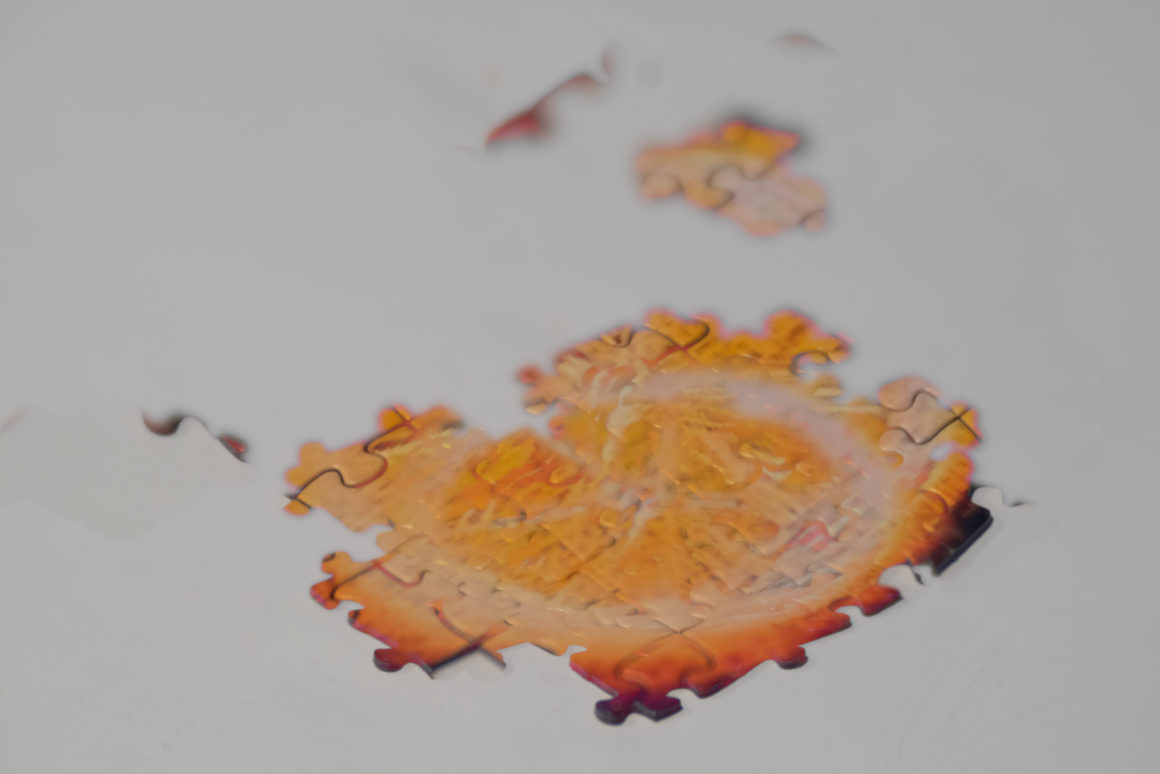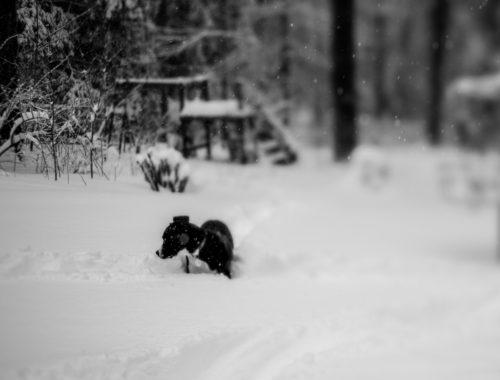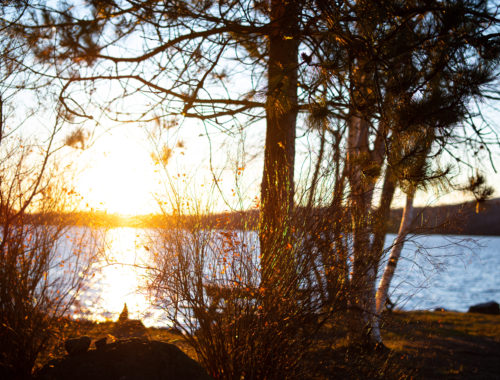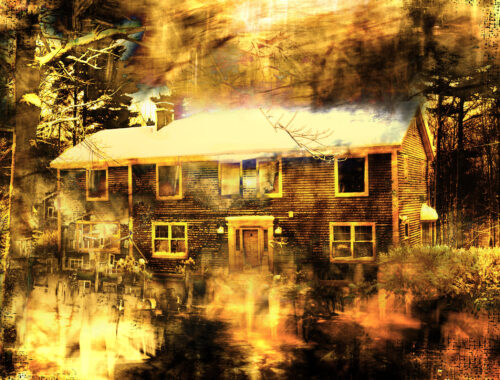
Meaning and Reality
Questions about reality have come up over and over and over in the last year. When answers have been found, they’ve not always been satisfactory, although they have consistently led me to further questions.
Oh, but now, that last sentence leads me back to an oft-quoted (by me) phrase from Madeleine L’Engle in Walking on Water: Reflections on Faith and Art:
This questioning of the meaning of being, and dying, and being is behind the telling of stories around tribal fires at night; behind the drawing of animals on the walls of caves; the singing of melodies of love in spring and of the death of green in autumn. It is part of the deepest longing of the human psyche, a recurrent ache in the hearts of all of God’s creatures.
When Bridget called last night, we talked about the paper she had recently written on The Sorrows of the Young Werther by Goethe. I’ve not read the book, but am somewhat familiar with it, thanks to commentary on Goethe in Camille Paglia’s Sexual Personae. In sharing her thesis statement and what she discovered in the novel to support it, Bridget and I spent a moment or two on the subjects of Romanticism, Transcendentalism, and Symbolism: all a bunch of screwy -isms looking to find meaning in just about anything other than reality and God, although nature tends to be a favorite substitute.
In the end, we are, each of us, responsible for uncovering the meaning of life, and it is a question inherent to our very being. What happens, then, to those who choose to pretend that the question doesn’t exist? What is the final end for those who never come to understand that there are no satisfactory substitutes?




